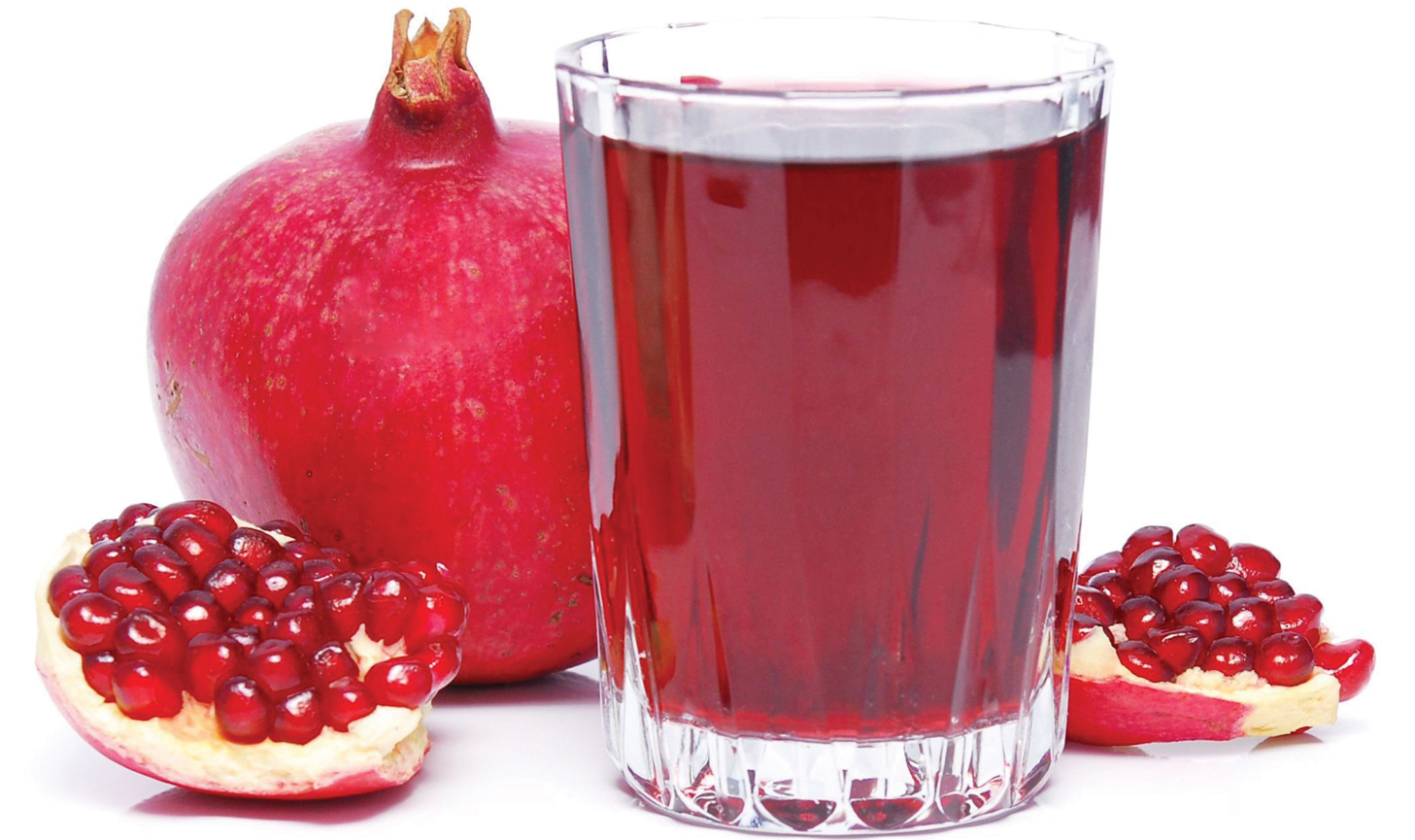6 Drinks for a Healthy Heart
Heart disease may be partly genetic, but it's also largely preventable. We've all heard the same sage advice: To keep your heart healthy, you should eat well and exercise regularly. But those aren't the only lifestyle tweaks you can make. What you drink makes a difference, too. Here's a short list of sipping suggestions that'll help keep your heart health on track.

1. Coffee
Here's a surprising fact: Coffee registers more antioxidant activity than cocoa or tea -- both of which get significant billing for their antioxidant levels. In addition to being a rich source of antioxidants, coffee has another thing going for it: It's widely available almost everywhere, which means you can quaff it regularly.
Moderate drinkers may enjoy heart-protective effects thanks to the antioxidants in coffee, which appear to inhibit inflammation and reduce the risk of cardiovascular disease. One large, long-term study of more than 83,000 women demonstrated a 20 percent lower risk of stroke in those who drank at least two cups of coffee daily as compared to non-coffee drinkers and those with a lower intake.
Sipping suggestion: Aim for moderate coffee consumption, which ranges from two to four cups per day. Drink less if you experience insomnia, restlessness, or fatigue.

2. Pomegranate juice
Until recently, pomegranate juice was a specialty item, but these days it seems to be everywhere. Its popularity has captivated nutritional researchers. University of California researchers measured the antioxidant capacity of pomegranate juice at up to three times that of red wine or green tea, and preliminary research suggests that regular consumption of pomegranate juice may lower cholesterol, reduce arterial plaque (a risk factor for heart disease), and increase blood flow to the heart.
Sipping suggestion: Drink fresh pomegranate juice whenever possible. Reconstituted versions are good, too, as long as you avoid pomegranate juice with added sweeteners.

3. Red wine
Red wine contains lots of cardioprotective compounds, including resveratrol, a polyphenol found in grapes that becomes highly concentrated during the wine making process (which is why red wine wins over grape juice). Resveratrol has antioxidant properties and is thought to protect the blood vessels in the heart and help prevent blood clots from forming. There's also some evidence that suggests moderate consumption of red wine may raise HDL (good) cholesterol.
Sipping suggestion: Moderate consumption of red wine -- no more than one 5-ounce glass for women and two for men -- is healthy for most adults.

4. Black tea
Black tea goes through a process of fermentation after the leaves are harvested and dried. This processing changes the chemical composition of the leaves, thereby producing some powerful antioxidants that help support heart health. Black tea has been shown to reduce the risk of stroke, reduce LDL (bad) cholesterol, improve blood vessel function, and improve blood flow in coronary arteries. Not bad, for such a simple drink.
Sipping suggestion: The longer you steep your tea, the greater the phytochemical benefits, so opt for hot tea (iced tea tends to get diluted ) but avoid bottled (antioxidants can lose their potency over time), and skip the milk and sweeteners. A few cups a day may help reduce your risk of heart disease.

5. Green tea
Like black tea, green tea contains lots of heart-healthy antioxidants. The primary difference is that green tea isn't fermented. A 2004 study showed that a higher consumption of green tea resulted in a lower risk of coronary artery disease. Indeed, there's a wealth of research that links green tea consumption with lower cholesterol, along with lower risk of blood clots and stroke -- and it's anti-inflammatory to boot.
Sipping suggestion: Like black tea, allow green tea to steep for at least a few minutes, avoid the bottled versions, and aim for one to three cups daily.

6. Water
Dehydration can contribute to a handful of risk factors for coronary heart disease, including blood viscosity. When you're dehydrated, your blood is thicker, which requires your heart to expend more energy to pump blood throughout the body. Chronic dehydration can result in hypertension (high blood pressure), which is best treated by drinking lots of water, according to F. Batmanghelidj in his book Your Body's Many Cries for Water.
There's plenty of science to back the doctor's assertion. Numerous studies have linked a significantly lower risk of coronary heart disease in people with a high daily water intake as compared to those with lower water intake. The bottom line: No single substance hydrates humans better than water, and it's great for heart health.
Sipping suggestion: Renowned nutritional counselor and author Phyllis A. Balch recommends at least ten 8-ounce glasses of water daily for most adults. A more moderate rule of thumb: Divide your total weight in half and use that figure as a guide to the number of ounces you should drink in a day. A 150-pound woman, for example, should aim for about 75 ounces daily. Add a squeeze of fresh lemon juice to hot or chilled water for a flavor boost with added antioxidant and cleansing benefits.
source:
HAVE A BEAUTIFUL LIFE AND EXPERIENCE EXTRAORDINARY HEALTH








